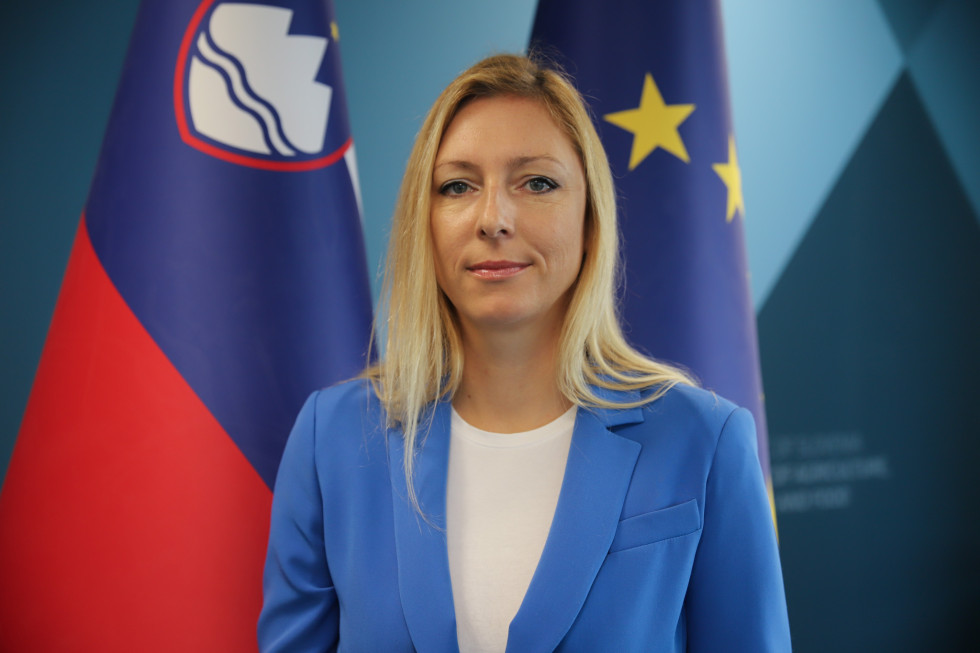151st regular session of the Government of the Republic of Slovenia
The Government finalised the text of the proposed Act Amending the Animal Protection Act and submitted it to the National Assembly for consideration. The proposed amendments include the financing of care for abandoned animals, a ban on hen cage rearing and restrictions on keeping wildlife species. As regards the keeping of wildlife species, the amendments remove the list of prohibited species but preserve the restriction to keep wildlife species with a list of permitted species of animals. Amendments to this list will be made by an expert working body, which will also determine the relevant amendment procedure. As regards care for abandoned animals, the Act introduces additional responsibilities for caretakers, including the obligation to mark cats in order to reduce the number of abandoned cats. The standards to provide public services at the local community level will be raised and temporary caretakers of abandoned animals will be introduced. The proposal provides a comprehensive and transparent financing framework for the care of abandoned animals, establishing a clear division of financial responsibilities on a case-by-case basis and promoting a more efficient animal adoption procedure. The amendments also introduce higher animal welfare standards. Proposed measures include a ban on the rearing of hens in cages, supplemented requirements concerning the knowledge of animal caretakers and the introduction of mandatory analgesia and anaesthesia for the surgical castration of piglets. The list of prohibited acts has also been expanded, including a restriction on the use of cages for dogs in apartments and a ban on selling and using unauthorised traps for game hunting. Other amendments include provisions on the protection of animals involved in the work of state authorities and higher fines for natural persons violating the provisions of the Act.
The Government today took note of the preparation of the proposed Act Amending the Personal Pension and Disability Insurance Act, which will also be discussed at tomorrow's session of the Economic and Social Council. Changes to the existing pension and disability insurance system in Slovenia are necessary primarily to adapt it to the ageing population, while the reform is also part of Slovenia's commitments under the Recovery and Resilience Plan (RRP). The reform of the pension and disability insurance system proposes comprehensive solutions which, through a broad public debate and social dialogue, aim to create a fair pension system that no longer requires frequent, and often arbitrary, emergency interventions. The main objectives of the proposed changes are to prepare the system for the demographic transition and to improve the well-being of existing and future pensioners. By ensuring the fiscal sustainability of the system and increasing the transparency and clarity of individual parameters — and the system as a whole — public confidence in the pension system is expected to improve. The proposed changes to voluntary supplementary pension schemes aim to increase the number of participants in collective supplementary pension insurance schemes set up by employers for their employees. The agreed changes will not be introduced hastily, but will take effect after an appropriate transition period to allow individuals to adjust their retirement plans and system operators to adjust their operations – thus avoiding sudden changes in retirement dynamics.
At today's session, the Government also took note of the document on Quality of Life in Slovenia – Development Report 2025 by the Institute of Macroeconomic Analysis and Development (IMAD). IMAD monitors the implementation of Slovenia's overarching development strategy and, in its role as the National Productivity Board, conducts in-depth analyses and provides recommendations for improving productivity. In recent years, it has produced two separate, but closely related reports: the Development Report and the Productivity Report. Quality of life in Slovenia – Development Report 2025 consolidates the content of both reports into a single publication that tracks progress in economic, social and environmental development, while also providing a more detailed analysis of productivity - a key long-term driver of higher quality of life. In this year's report, IMAD concludes that the quality of life in Slovenia remains high. However, due to a significant productivity gap, economic policy measures should be prioritised to accelerate the transition to innovation-driven growth and a low-carbon circular economy, and to strengthen a creative, long-lived society and a sound institutional framework.


